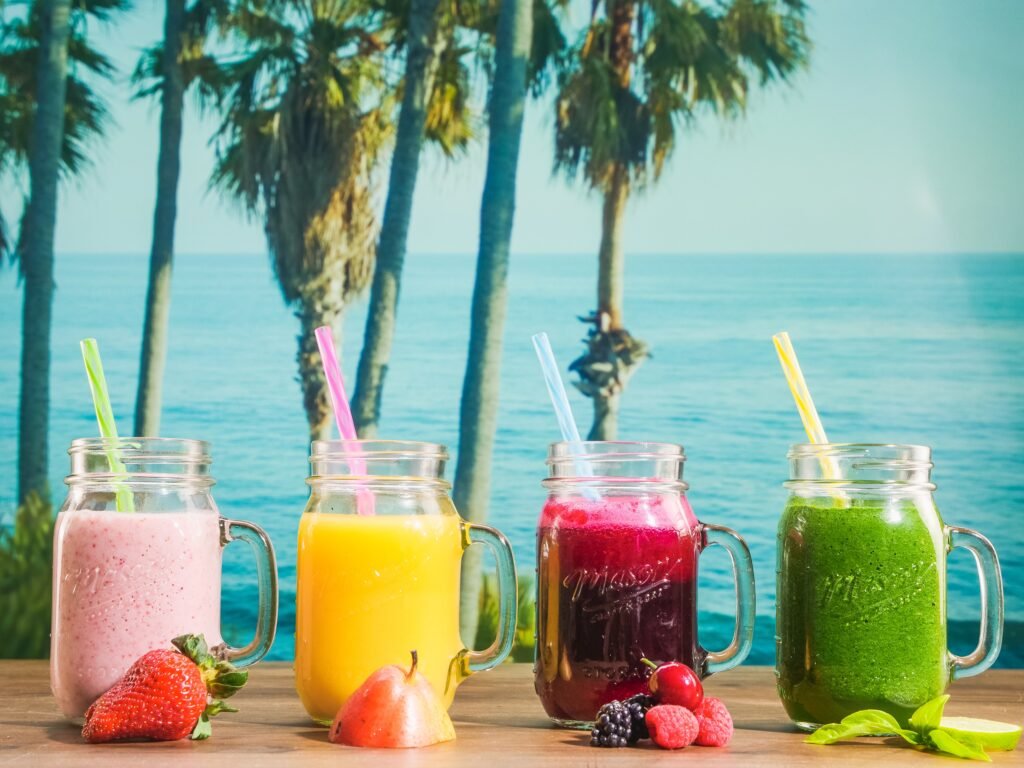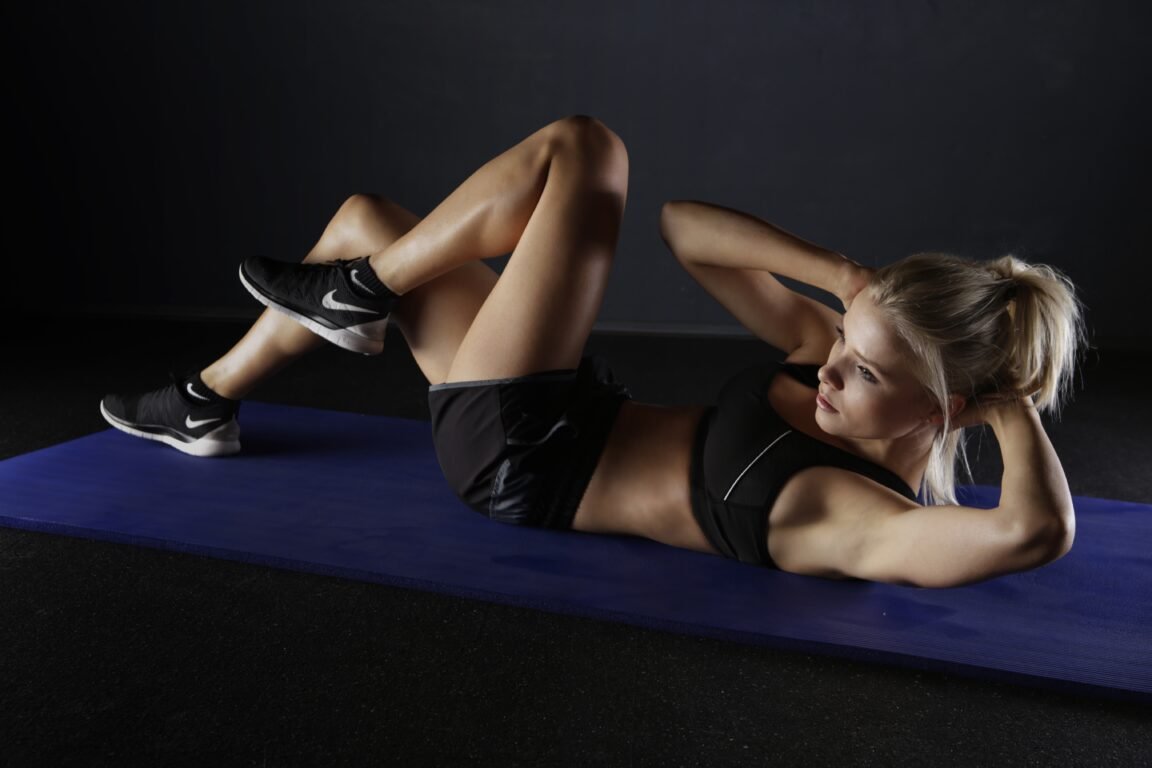Eating and exercise are strongly connected. When and what you eat can affect? how you feel when you exercise, whether it’s a casual workout or competition training. Consider the following eating and exercise tips.
Eat a healthy breakfast

Get up early enough to finish breakfast at least one hour before your workout if you exercise in the morning. Before starting a workout, make sure you’re properly fueled. According to research, eating or drinking carbohydrates before exercise can boost workout performance and allow you to work out for a longer period of time or at a higher intensity. When you don’t eat, you may feel tired or sick when you exercise.
Eat a light breakfast or drink something like a sports drink if you plan to work out within an hour of eating. Carbohydrates should be prioritized for maximal energy.
Breakfast options to select
- Whole-grain cereals or bread
- Low-fat milk
- Juice
- A banana
- Yogurt
- A pancake
Also, if you regularly drink coffee in the morning, a cup before your workout is totally fine. Also, whenever you attempt a new food or drink before a workout, you face the chance of getting an upset stomach.
Drink this quick magical drink and you will immediately fall asleep
Watch the portion size
When it comes to how much you eat before exercise, be careful not to overdo it. According to the general guidelines:
- Meals that are large. Consume them at least three to four hours before working out.
- Snacks or small meals. Eat them one to three hours before working out.
- Eating too much before working out can make you feel sleepy.
- Eating too little may not provide you with the energy you require to feel strong during your workout.
Snack well

Most people can consume little snacks before and during exercise. What matters is how you feel. Follow your feelings. Snacks that are eaten soon before exercise are unlikely to provide additional energy if your workout is shorter than 60 minutes long. But they may help prevent distracting hunger cravings. If your workout lasts more than 60 minutes, include a carbohydrate-rich snack or beverage during the workout.
Snacks to consider include
- An energy bar
- A banana, an apple, or other fresh fruit
- Yogurt
- A fruit smoothie
- A whole-grain bagel or crackers
- A low-fat granola bar
- A peanut butter sandwich
- Sports drink or diluted juice
A healthy snack is especially important if you want to exercise several hours after your meal.
4 diet juice you should include for glowing skin
Eat after you exercise
If possible, consume a meal with both carbohydrates and protein within two hours of your workout session to reduce pain and restore liver glycogen.
Foods to eat after working out include
- Yogurt and fruit
- Peanut butter sandwich
- Low-fat chocolate milk and pretzels
- Post-workout recovery smoothie
- Turkey on whole-grain bread with vegetables
Drink up

Remember to stay hydrated. To avoid dehydration, drink plenty of fluids before, during, and after exercise.
The American College of Sports Medicine suggests that you stay hydrated when exercising by:
- Drink approximately 2 to 3 cups (473 to 710 mL) of water two to three hours before your workout.
- During your workout, drink 1/2 to 1 cup (118 to 237 milliliters) of water every 15 to 20 minutes. Adjust the amounts according to your body size and the weather.
- For every pound (0.5 kilograms) lost throughout the workout, drink approximately 2 to 3 cups (473 to 710 milliliters) of water.
In general, replacing lost fluids with water is the better decision. However, if you are exercising for more than 60 minutes, you should consume a sports drink. Because they contain carbs, sports drinks can assist maintain your body’s ionic balance and provide a boost of energy.
Bonus Tips
Remember that the duration and intensity of your activity will determine how frequently and what you should eat and drink. For example, running a marathon requires more energy from food than walking a few kilometers. Also, avoid introducing new foods into your diet before a long-duration sports game. It is preferable to have previous experience to see how your system handles meals.
Everyone is different when it comes to eating and exercising. Take note of how you feel during your workout as well as your overall performance. Allow your experience to help you in choosing which pre- and post-exercise eating habits are best for you. Keep a record – track how your body reacts to meals and snacks so you can change your diet for top performance.
If this will help you let us know in the comment section. Also, you can say if you have anything else important about tips for getting the most benefit from your workouts. Stay healthy, stay safe!!






GIPHY App Key not set. Please check settings